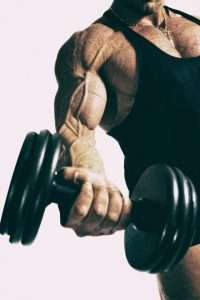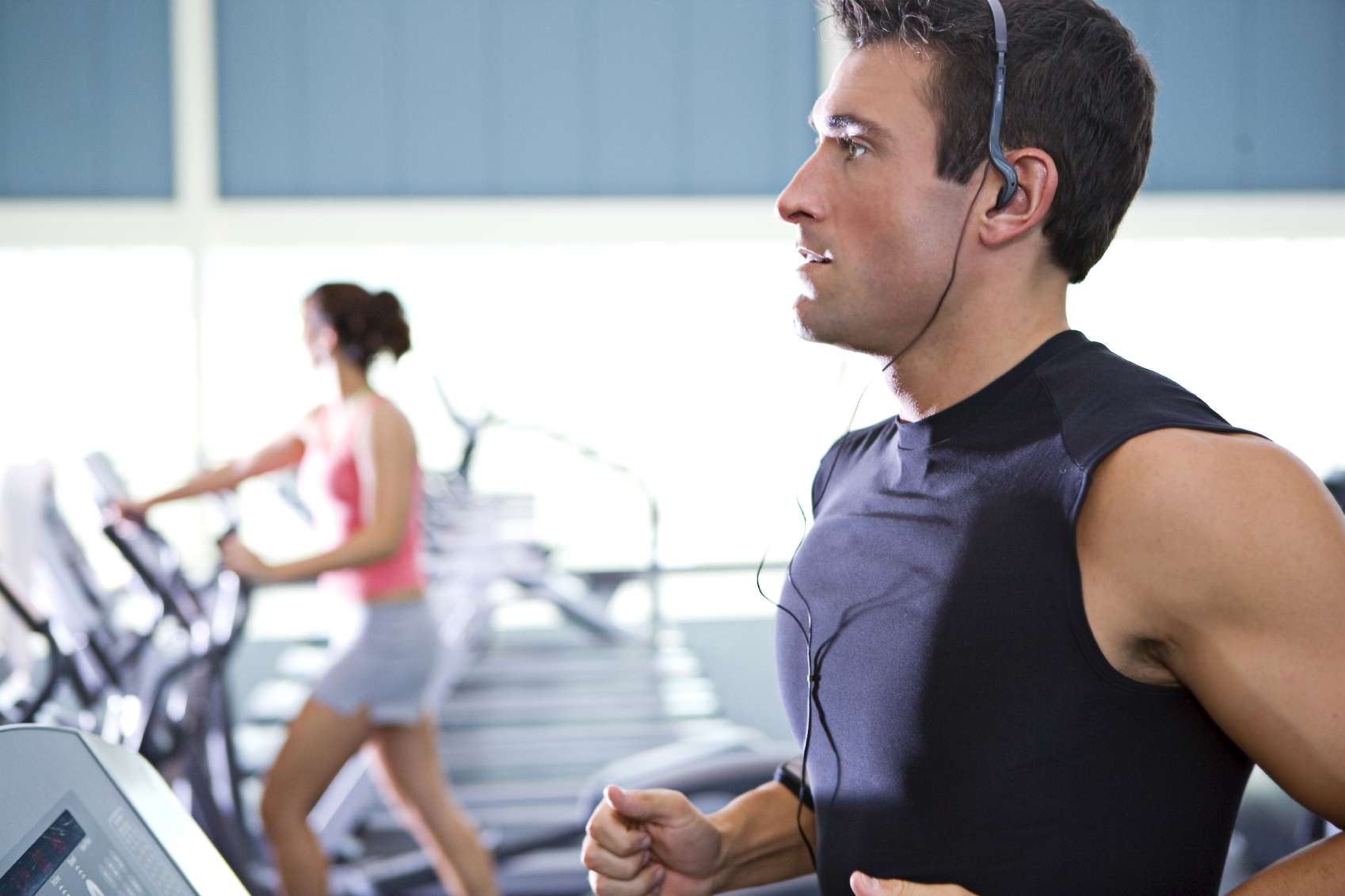The American Academy of Advanced Thinking (AAAT) opted to interview one of its staff writers to get his perspective on physical fitness and self-defense for introverts.
Mark Warner has written on physical fitness and self-defense extensively and is a life-long practitioner as an introvert.
AAAT felt that uncovering the fit lifestyle by an advocate and enthusiast would encourage fellow introverts to follow suit in building courage and confidence in a power-driven world.
Here’s what Mark had to say on the topic.
AAAT: Thank you, Mark, for participating in this interview. How did you first get into physical fitness?
Mark: When I was eleven, my mother bought me a barbell and dumbbell set made from cement and plastic. I have been an avid fitness enthusiast ever since.
AAAT: Have you maintained the same workout regimen over the years?
Mark: Like many gym rats, I worked out with heavy weights for decades in commercial gyms.
In 2020, during the initial Covid-19 outbreak, all the fitness centers and public parks were closed indefinitely.
And I had no place to work out for the first time in my life. I promised myself that I would never be in this position ever again. So, my wife and I bought a complete dumbbell set and created a fitness room in our home.
You can say that I am back in the basement. And I love it.

AAAT: How did you get into self-defense?
Mark: I have taken Tae Kwon Do throughout my life but never advanced to the higher belts.
In the last several years, I have gotten into self-defense. Self-defense tactics are the barebones of self-protection rather than the extensive years necessary to become a black belt in martial arts.
AAAT: How did you make the distinction between self-defense and martial arts?
Mark: Along the way, something changed within me that I couldn’t put my finger on. I was on a philosophical journey about why more years of martial artistry didn’t sound appealing. My research shows three significant objectives within martial arts: 1. Self-Defense, 2. Inner Peace, and 3. Competition.
At this point in my life, I have mastered introspection enough to maintain inner peace (or as much as possible).
And I have no aspirations to compete in tournaments with other martial artists.
The only reason I have ever desired martial arts was to defend myself. Using basic self-defense techniques doesn’t require years of study or a black belt. It wasn’t until I researched Google and YouTube that I discovered what was always missing. That was the missing link!
I only wanted to be able to protect myself and my loved ones. The belts didn’t matter anymore.
AAAT: What did you do to enhance your self-defense skills?
Mark: I began practicing with everyday tools and objects (cell phones, keys, pencils, etc.) coupled with the basic routines I had learned in karate school and kept my focus on attacking the soft targets on the human body (eyes, nose, throat, and groin). This basic routine increased my confidence, although I’m not too fond of the idea of conflict.
I know my muscle memory will kick in if I am ever afraid and need to defend myself.
AAAT: Why do you think physical fitness and self-defense are crucial for introverts?
Mark: Essentially, quietude and introversion should not be a weakness. If you remain civil and pleasant to all you meet, no one should attempt to harm you.
However, we know that people are lurking about to prey on easy targets in the real world. Introverts tend to walk in peace. In a domineering world, peace is seen as a weakness.
Roman general Vegetius said, “If you want peace, prepare for war.”
AAAT: How can your physical fitness and self-defense journey assist other introverts?
Mark: I am an INTJ-Turbulent and have a natural nervousness that has been a part of my personality throughout my life. Since I am performance-driven, I try to close gaps or shortcomings in my life. Introverts tend to be hypersensitive, so I encourage them to use these attributes for consistent improvement. Fitness and self-defense mixed with intellectualism make introverts complete people.
AAAT: Do fitness and self-defense help introverts protect their superpower as intellectuals?
Mark: Certainly. You don’t know until you become an adult that intellectualism is an ideal trait everyone desires. No one wants to be seen as ignorant and unaware. Who doesn’t want to be smart? You see it with celebrities. Reportedly, there was talk of Kim Kardashian going to law school. And singer Ciara graduated from a three-day business course at Harvard University. It was only three days, but she bragged about attending Harvard University.
Celebrities who will not formally educate themselves use money as a cover-up to hide their educational deficiencies.
So yes, introverts have to protect their superpowers.
AAAT: What’s the worst fitness or self-defense mistake introverts can make?
Mark: Not preparing. As you get older, the conflicts in life become more psychological than physical. Nice guys and girls finishing last are true because of an overly romantic impression of the world. People tend to leave you alone if you look and act the part.
AAAT: Are there any final thoughts for introverts?
Mark: Yes, once upon a time, you had to go to karate schools or other forums for self-defense instructions. You can learn the basics from YouTube or independent training websites.
If you can find a partner to practice with safely, that would be great.
My wife and I train consistently to ensure that we stay prepared. She’s not a huge enthusiast of self-defense tactics, but I encouraged her to learn the basics.
Fitness and self-defense keep you from being a targeted victim.
AAAT: Thank you, Mark, for your time.


